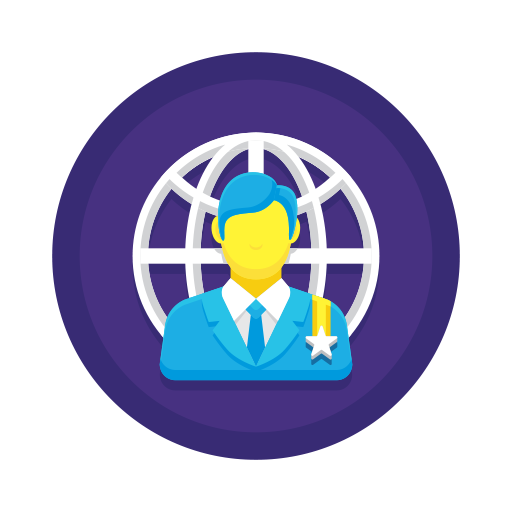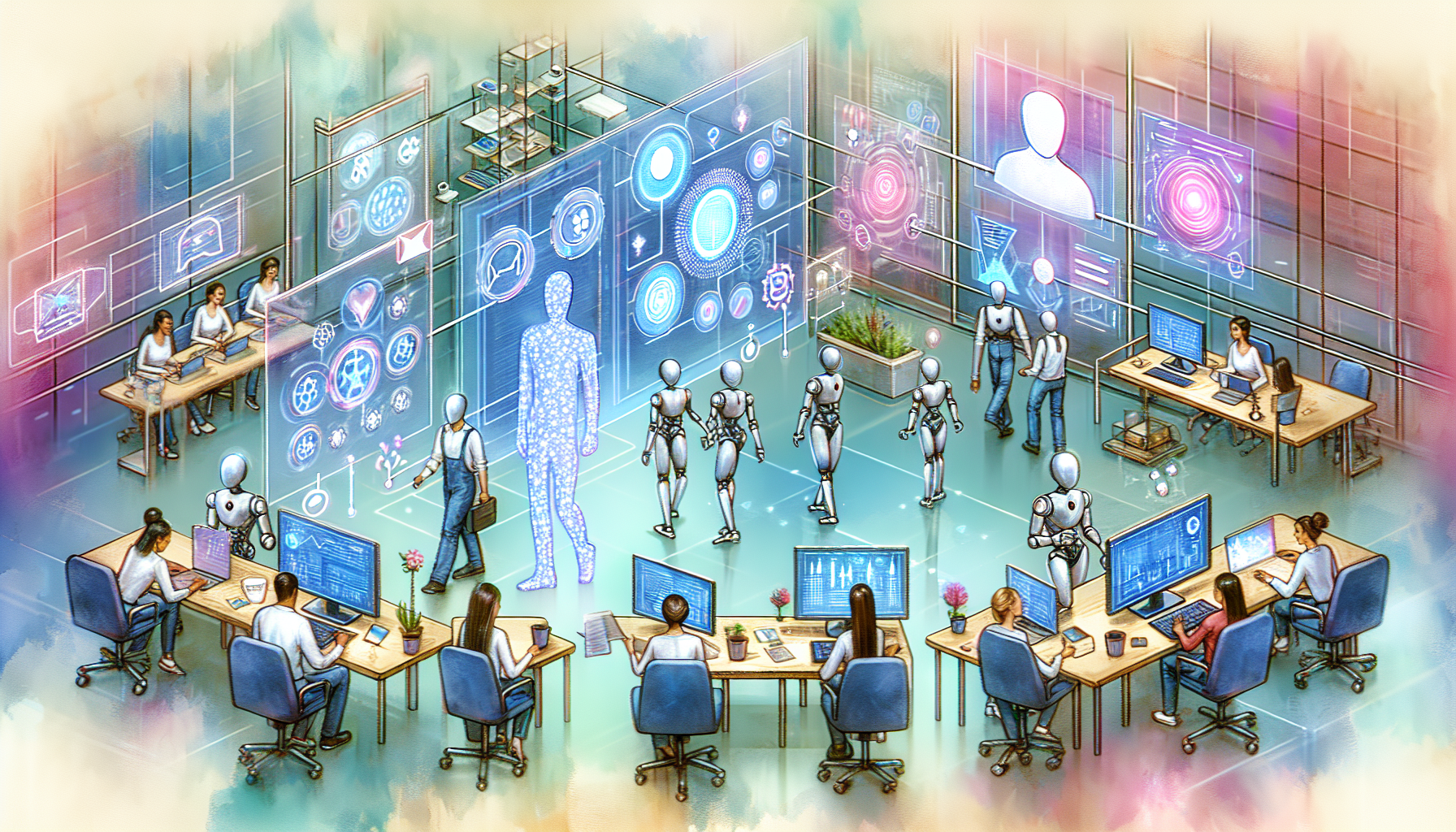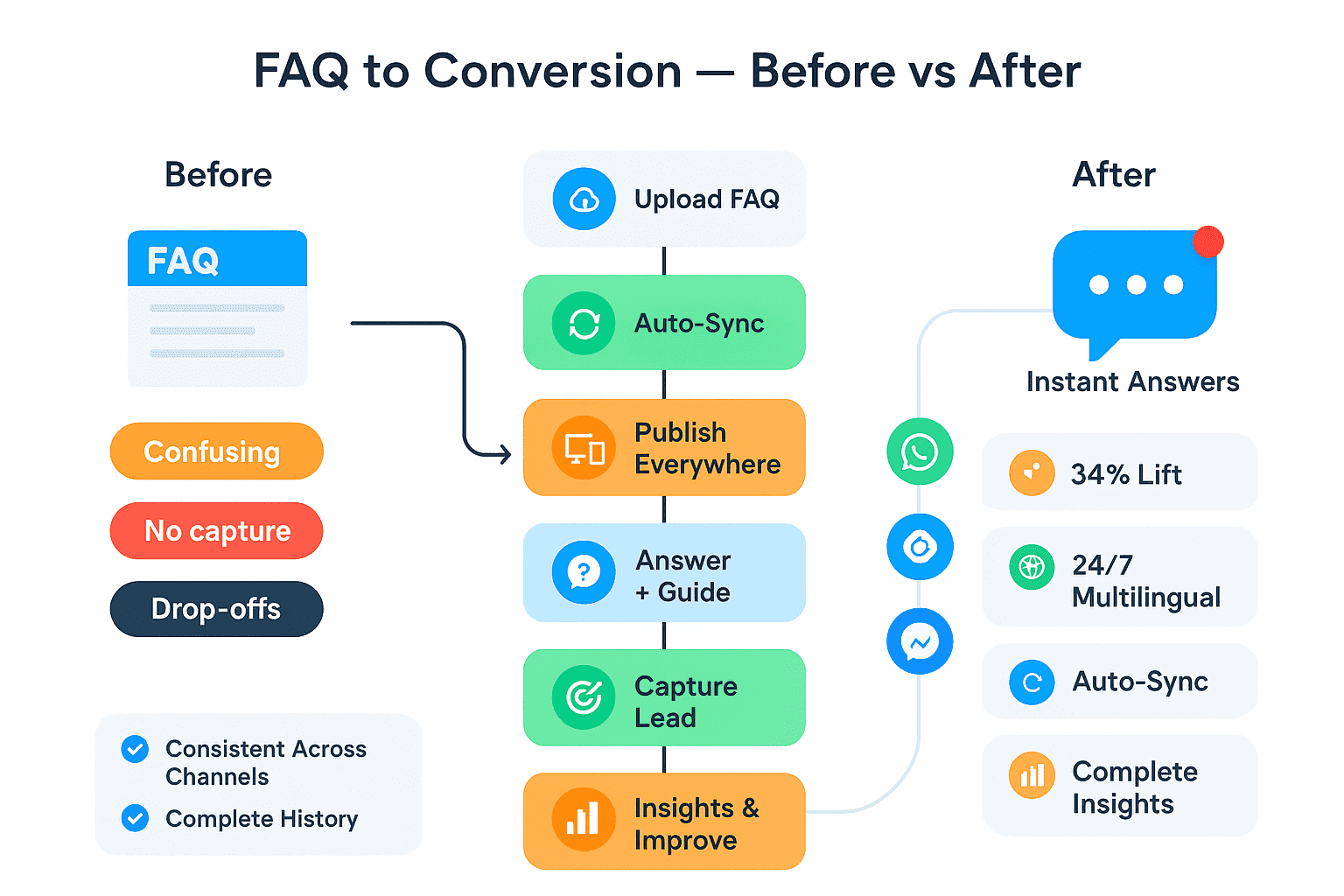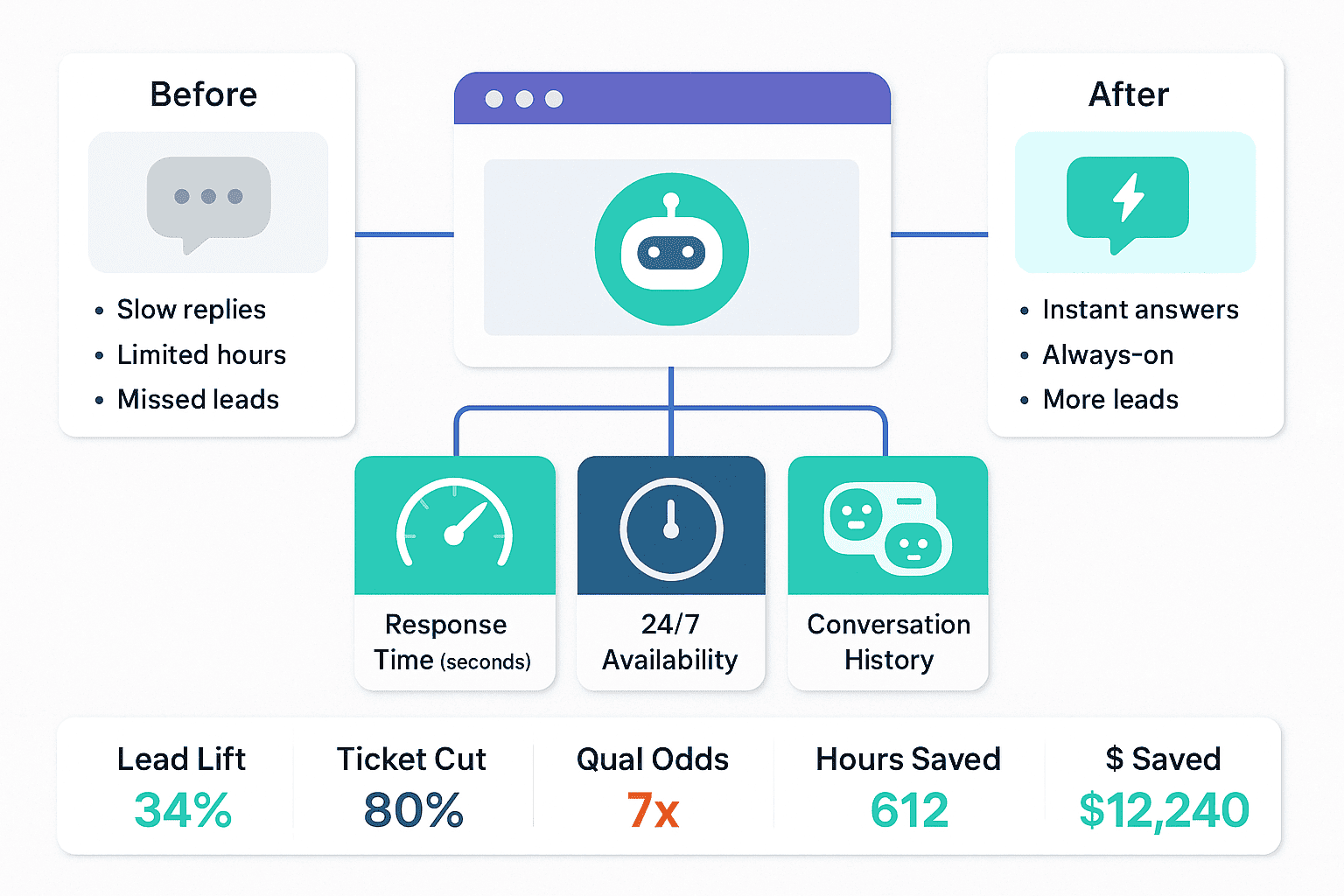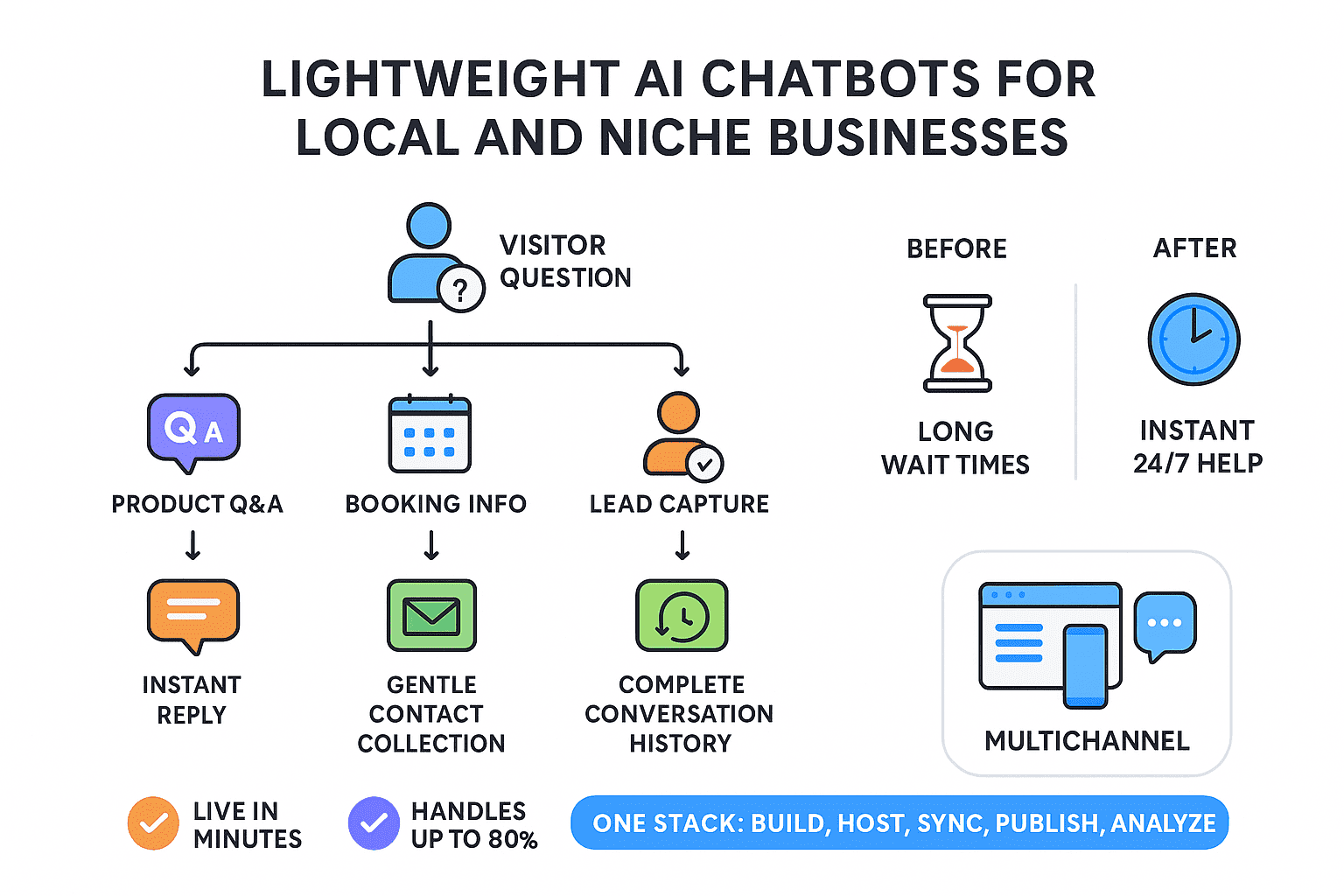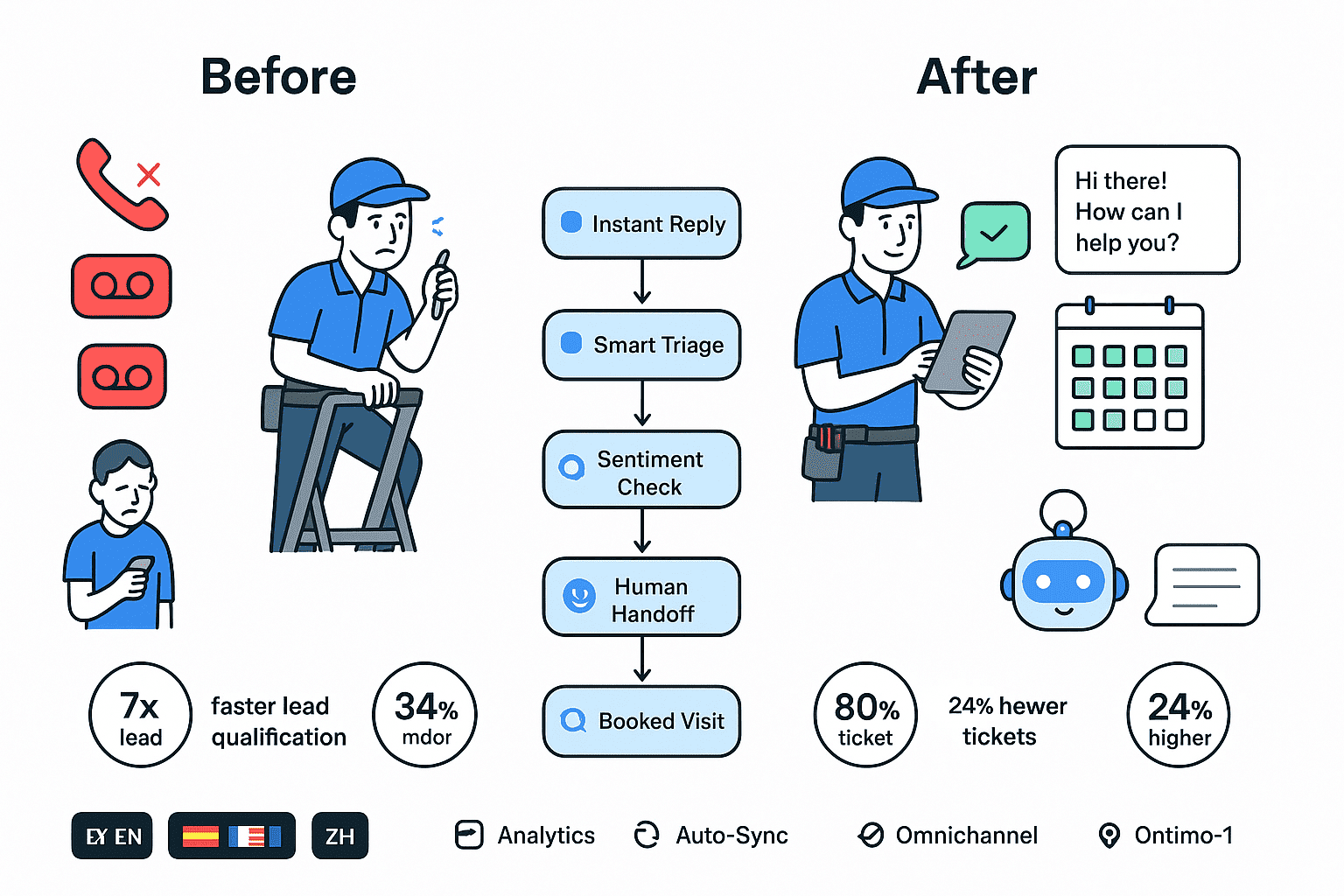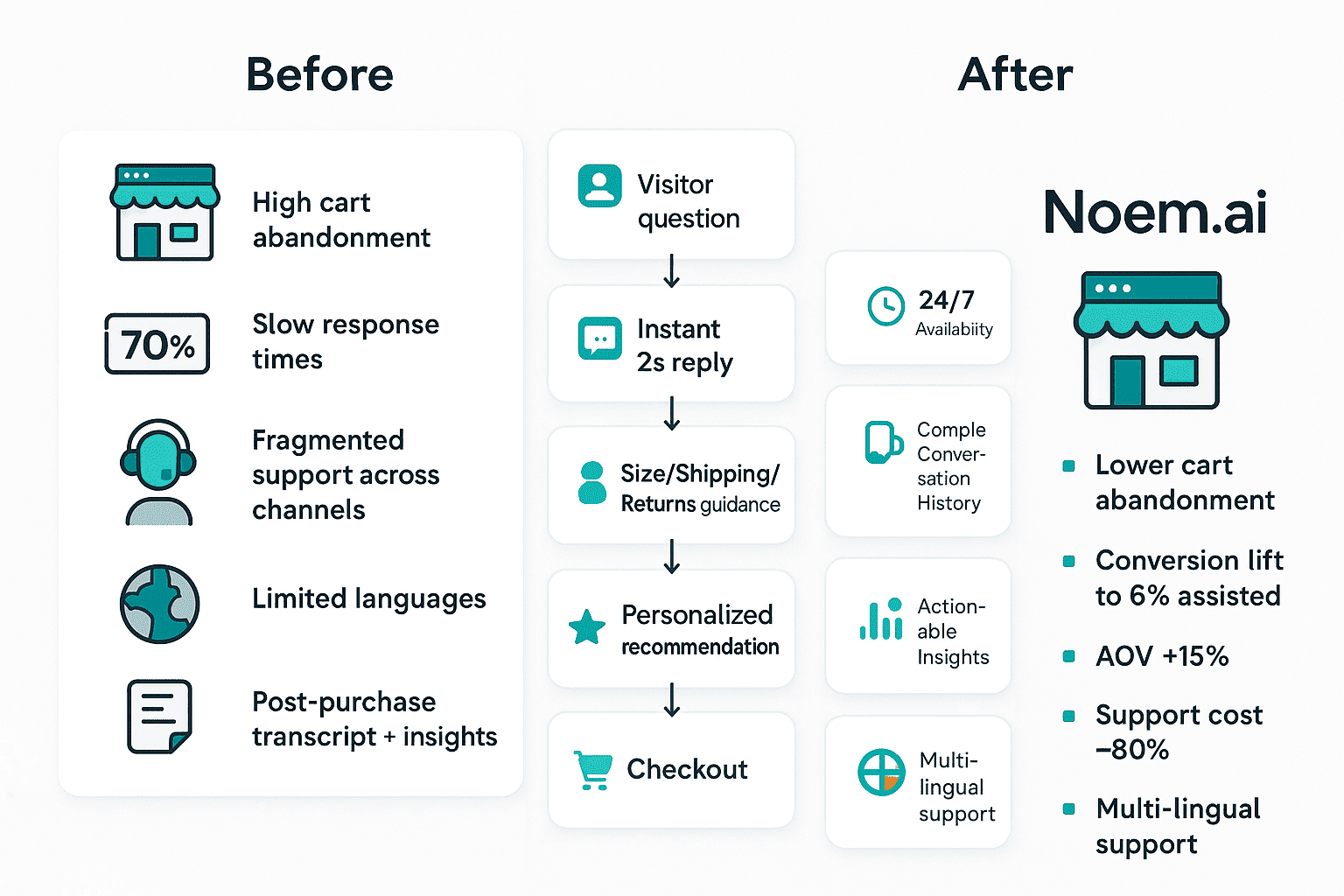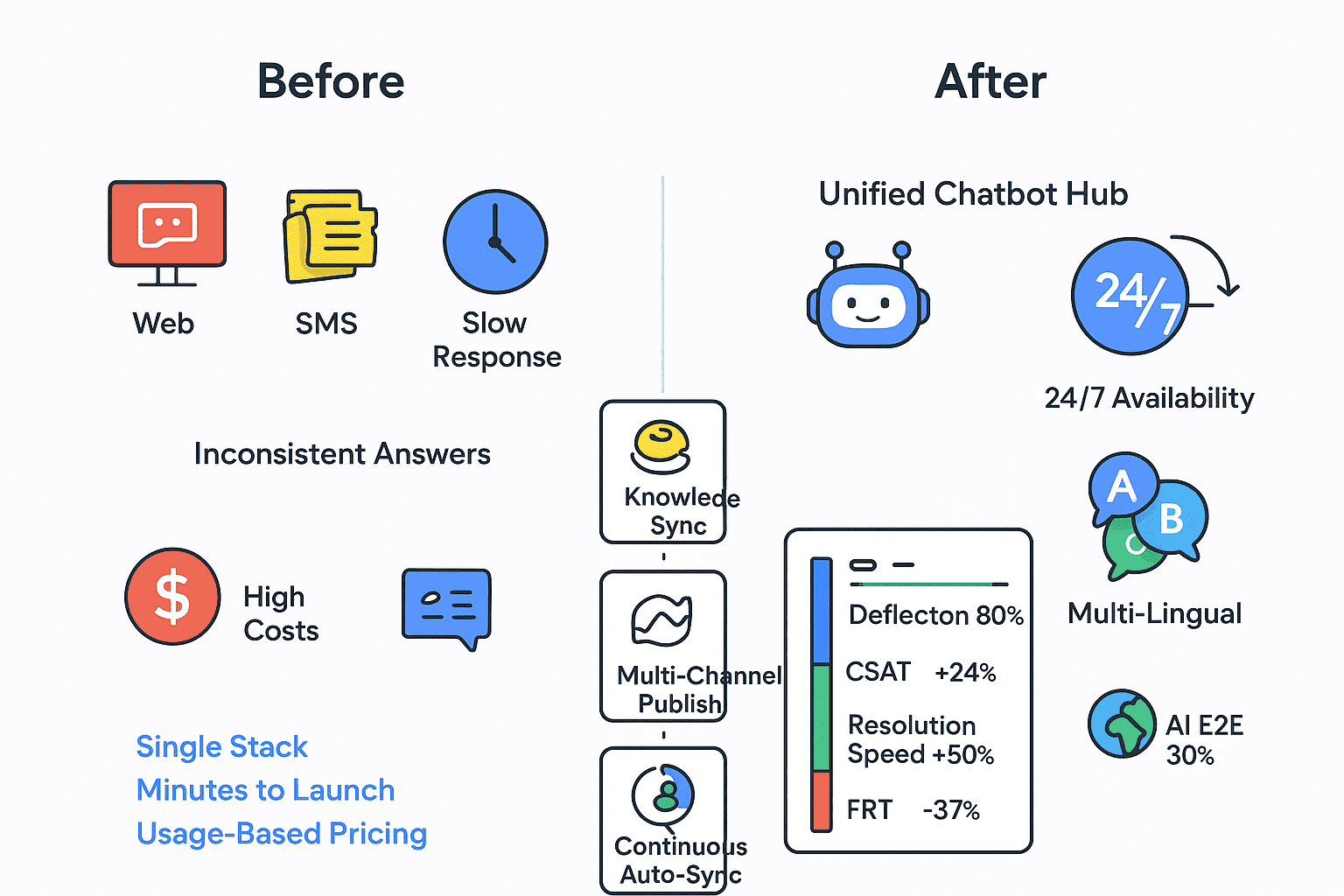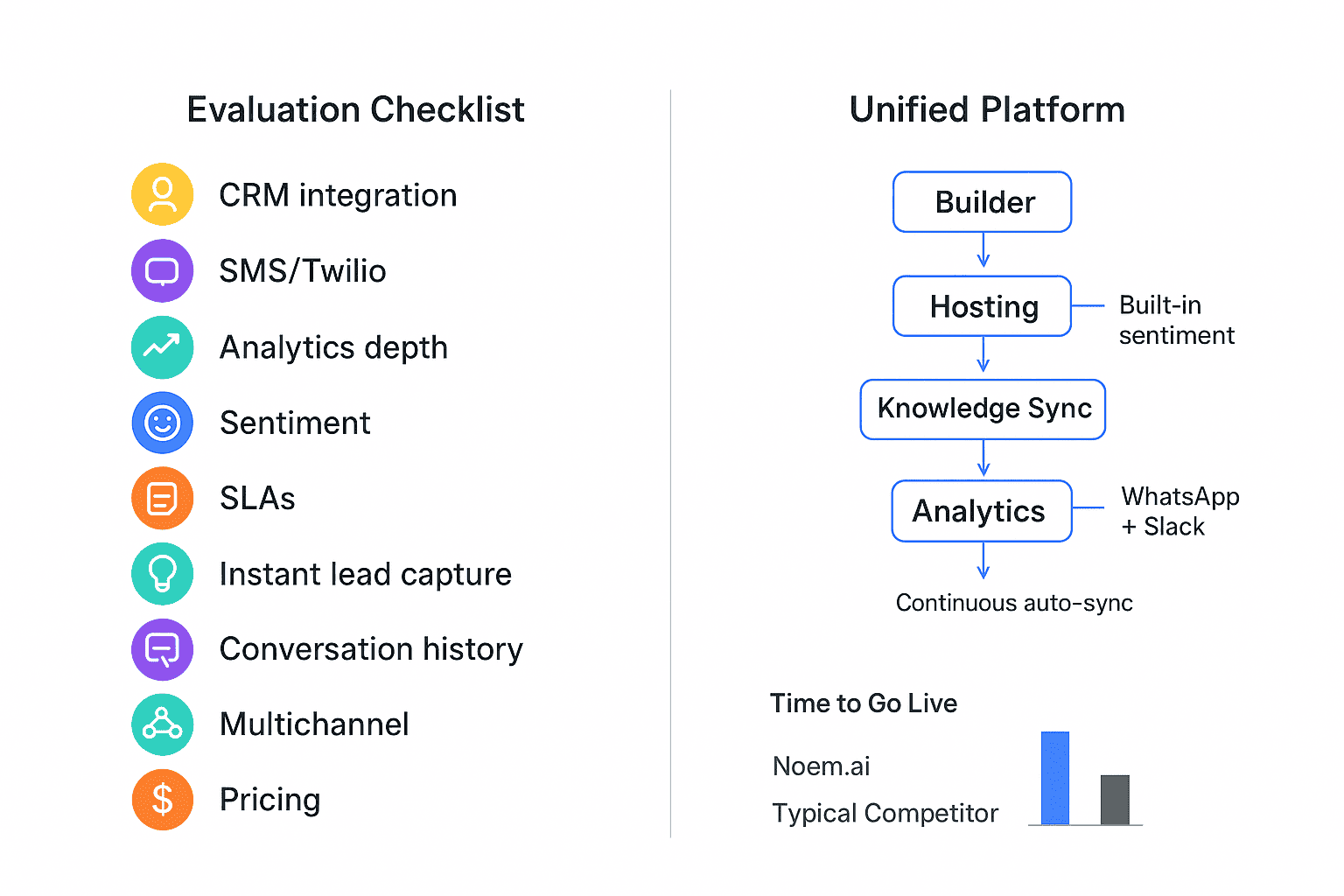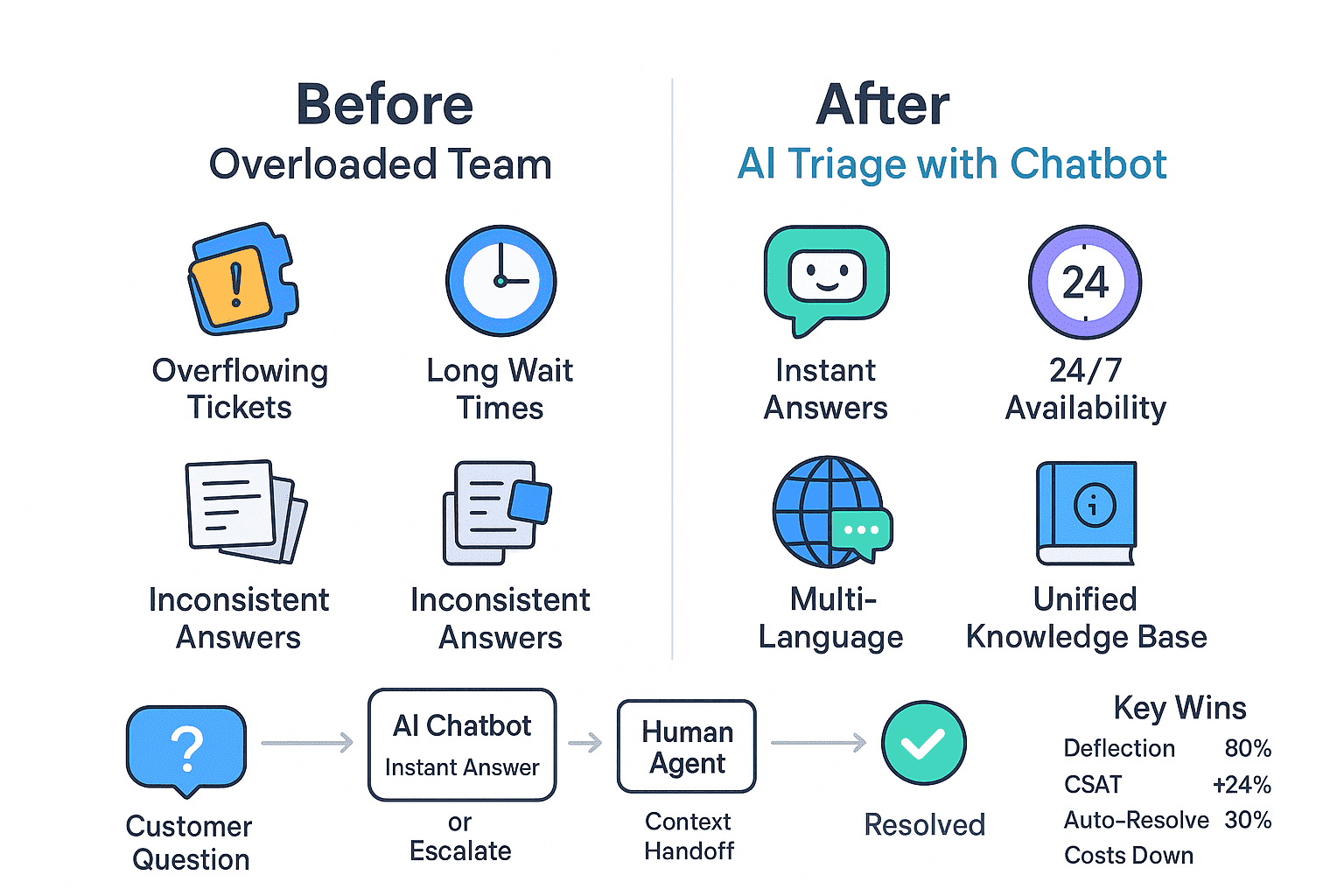In today’s rapidly evolving digital landscape, AI agents in task delegation have become pivotal. They transition from performing simple automation to managing intricate workflows, highlighting their revolutionary role in business strategy. By focusing on adaptable, efficient, and scalable systems, AI agents redefine operational efficiencies. Here, we explore the profound impact and capabilities of AI agents in enhancing task delegation, supported by comprehensive research and sources.
AI Agents: Structure and Capabilities
Open-Source Design:
AI agents in task delegation frameworks are crafted to sync collaborative AI agent teams that excel in specialized task management. These systems leverage open-source architectures, continuously foster innovation, and provide customization. Thus, they offer unparalleled solutions for organizations. For instance, GitHub’s repository offers extensive adaptations driven by community efforts.
In logistical companies, AI agents facilitate dynamic response to delivery route changes. Consequently, they increase efficiency, creating essential roles in orchestrating delivery networks.
Role-Based Design:
This architecture amplifies AI agents’ efficiency in task delegation by allowing agents to take on specific roles and switch responsibilities dynamically. Therefore, it significantly improves resource allocation. Popular studies by Statista show a 35% rise in productivity due to this synchronous role adaptation.
Within corporate sectors, AI agents in task delegation manage scheduling, thereby freeing human resources for creativity. This reallocation results in reduced operational delays and enhances productivity metrics.
Human-in-the-Loop Integration with AI Agents
Including humans in AI-driven processes refines decision-making within task delegation. This collaboration allows the system to manage unforeseen challenges strategically through ethical considerations. Notably, research from Innovative Human Capital illustrates a 50% improvement in organizational focus with AI agents in task management.
Real-world applications like AI-managed call centers showcase improved customer satisfaction. Here, AI agents reduce wait times through efficient query dispatching.
AI Agents Compared to Alternative Frameworks
AutoGen:
Known for customizable agent framework, AutoGen poses challenges in terms of technical demands. Nevertheless, its integration of large language models places it uniquely among alternatives. Organizations should consider the balance between customization and complexity, as advised by CompTIA’s 2024 IT Industry Outlook Report.
ChatDev:
Primarily aimed at production environments, ChatDev allows role-play multi-agent collaboration. Yet, its rigid structure limits flexibility. Comparatively, AI agents in task delegation offer more dynamic adaptability.
Practical Applications of AI Agents in Task Delegation
Complex Task Automation:
AI agents in task delegation excel in managing complex structures like website development. The delegation of roles streamlines workflows, enhancing operational output by 60%, according to CompTIA. Thus, AI agents enable teams to focus on strategic initiatives beyond routine tasks.
In manufacturing, AI agents handle inventory and maintenance scheduling, reducing costs and increasing equipment availability.
Data Analysis and Content Generation via AI Agents
AI agents extend beyond traditional task collaboration, excelling in data-intensive applications. Automating data processing with AI agents drastically reduces processing time while increasing accuracy. Reports from Innovative Human Capital indicate a 45% boost in productivity from AI agents managing content processes.
Marketing firms benefit from AI-driven generation of personalized material, which not only shortens production time but also enhances campaign engagement and ROI.
Community Development and Integration of AI Agents
The open-source frameworks supporting AI agents in task delegation foster vibrant community collaboration. Tools evolve with contributions leading to integration enhancements, as recorded on platforms like GitHub. These contributions increase annually by 40%, significantly impacting AI tech progression.
Such environments accelerate AI capability refinement, encouraging shared innovations across industries and academic disciplines.
Security, Compliance, and AI Agents
AI agent frameworks prioritize function over encryption complexities. However, optional encryption maintains data integrity and compliance with industry standards, as CompTIA details.
For example, real estate agencies using AI agents enhance client data security while applying AI for analyzing property trends.
Future Prospects for AI Agents
The future of AI hinges on task delegation frameworks that simplify complex workflows. AI agents offer substantial flexibility and adaptability, driven by community-initiated advancements. Businesses that harness AI often see a 200% rise in efficiency and productivity. As Statista highlights, staying updated on these advancements is crucial for maintaining competitiveness in dynamic markets.
Embrace AI agents in task delegation by exploring capabilities at noem.ai. Discover how these systems can synchronize workflows and optimize task management, setting new benchmarks for business operations.


